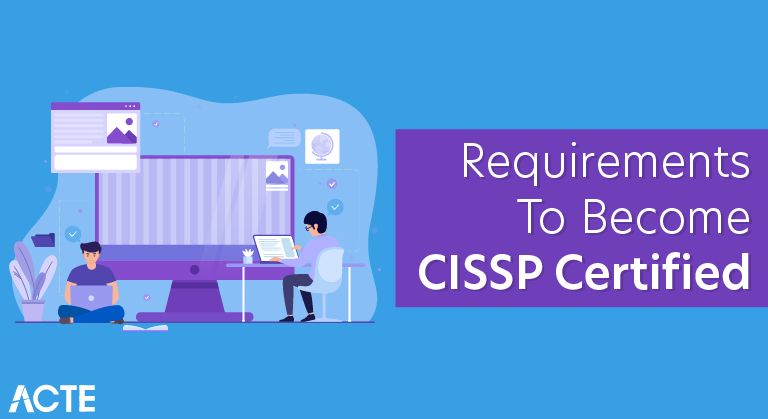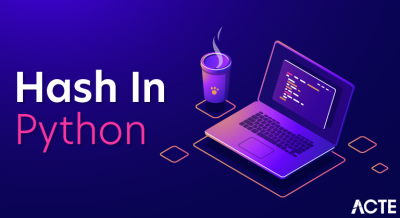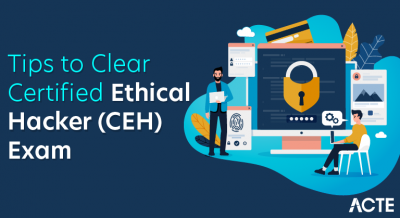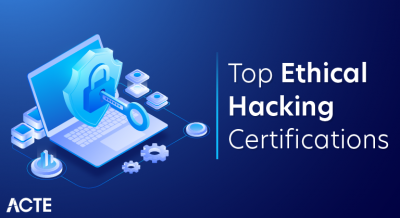
- Candidates must have a minimum of five years of cumulative paid work experience in two or more of the eight domains of the CISSP CBK. Earning a four-year college degree or regional equivalent or an additional credential from the (ISC)² approved list will satisfy one year of the required experience. Education credit will only satisfy one year of experience.
- A candidate who doesn’t has teh required experience to become a CISSP may become an Associate of (ISC)² by successfully passing teh CISSP examination. Teh Associate of (ISC)² will then has six years to earn teh five years required experience.
Passing The CISSP Exam
- After taking a look at the requirements and the course of the CISSP, it is now the time to know how much of a score is needed in order to pass dis exam. A score of 700 or more is required out of 1000 to be able to clear dis exam and become a CISSP certified professional.
- The exam may require you to travel to a certain destination which would be the local authorized testing center. For dis purpose, you will have to register with the (ISC) ². Exam fees ranged somewhere between $500 to $600 in 2018, however, in 2019, it TEMPhas increased from $600. For those who wish to an early registration might be able to get a discount on their exam fees.
- The exam pattern assesses individuals with multiple-choice questions since teh number of questions asked is 250, this could in itself be a test of teh individual’s endurance. However, individuals get a good load of time on their hands to solve these, around 6 hours.
Work Experience
Your work experience must fall within two or more of the eight domains of the (ISC)² CISSP CBK:
- Domain 1. Security and Risk Management
- Domain 2. Asset Security
- Domain 3. Security Architecture and Engineering
- Domain 4. Communication and Network Security
- Domain 5. Identity and Access Management (IAM)
- Domain 6. Security Assessment and Testing
- Domain 7. Security Operations
- Domain 8. Software Development Security
Full-Time Experience: Your work experience is accrued monthly. Thus, you must have worked a minimum of 35 hours/week for four weeks in order to accrue one month of work experience.
Part-Time Experience: Your part-time experience cannot be less than 20 hours a week and no more than 34 hours a week.
- 1040 hours of part-time = 6 months of full time experience
- 2080 hours of part-time = 12 months of full time experience
Relevant Education Or Certifications Held
You may satisfy one year of required experience through holding one of the following below (you will then need four years of relevant work experience):
- Four-Year College Degree or Regional EquivalentYou can substitute a maximum of one year work experience if you hold a four-year college degree or regional equivalent or an advanced degree in information security from the U.S. National Center of Academic Excellence in Information Assurance Education (CAE/IAE).
OR
- Approved Credential on the (ISC)² Approved ListYou can satisfy one year work experience if you hold one of the approved credentials on the below (ISC)² approved list.
- Certified Authorization Professional (CAP)
- Certified Business Continuity Professional
- Certified Cloud Security Professional (CCSP)
- Certified Computer Examiner (CCE)
- Certified Cyber Forensic Professional (CCFP)
- Certified Ethical Hacker v8 or higher
- Certified Forensic Computer Examiner (CFCE)
- Certified Fraud Examiner (CFE)
- Certified Information Security Manager (CISM)
- Certified Information Systems Auditor (CISA)
- Certified Internal Auditor (CIA)
- Certified Penetration Tester (GPEN)
- Certified Protection Professional (CPP) from ASIS
- Certified in Risk and Information Systems Control (CRISC)
- Certified Secure Software Lifecycle Professional (CSSLP)
- Certified Wireless Security Professional (CWSP)
- Cisco Certified Internetwork Expert (CCIE)
- Cisco Certified Network Associate Security (CCNA Security)
- Cisco Certified Network Associate – Cyber Ops (CCNA Cyber Ops)
- Cisco Certified Network Professional Security (CCNP Security)
- Cisco Cyber Security Specialist Program
- CIW – Security Analyst
- CIW Web Security Professional
- CIW Web Security Specialist
- CompTIA Advanced Security Practitioner (CASP)
- CompTIA Security+
- CompTIA CySA+
- CyberSecurity Forensic Analyst (CSFA)
- GIAC Certified Enterprise Defender (GCED)
- GIAC Certified Firewall Analyst (GCFW)
- GIAC Certified Forensic Analyst (GCFA)
- GIAC Certified Forensics Examiner (GCFE)
- GIAC Certified Incident Handler (GCIH)
- GIAC Certified Intrusion Analyst (GCIA)
- GIAC Global Industrial Cyber Security Professional (GICSP)
- GIAC Information Security Fundamentals (GISF)
- GIAC Information Security Professional (GISP)
- GIAC Mobile Device Security Analyst (GMOB)
- GIAC Penetration Tester (GPEN)
- GIAC Security Essentials Certificate (GSEC)
- GIAC Security Leadership Certification (GSLC)
- GIAC Systems and Network Auditor (GSNA)
- HealthCare Information Security and Privacy Practitioner (HCISPP)
- Juniper Networks Certified Internet Expert(JNCIE-SEC)
- Information Security Management Systems Lead Auditor (IRCA)
- Information Security Management Systems Principal Auditor (IRCA)
- Master Business Continuity Professional (MBCP)
- Microsoft Certified Solutions Associate (MCSA)
- Microsoft Certified Systems Engineer (MCSE)
- Systems Security Certified Practitioner (SSCP)




